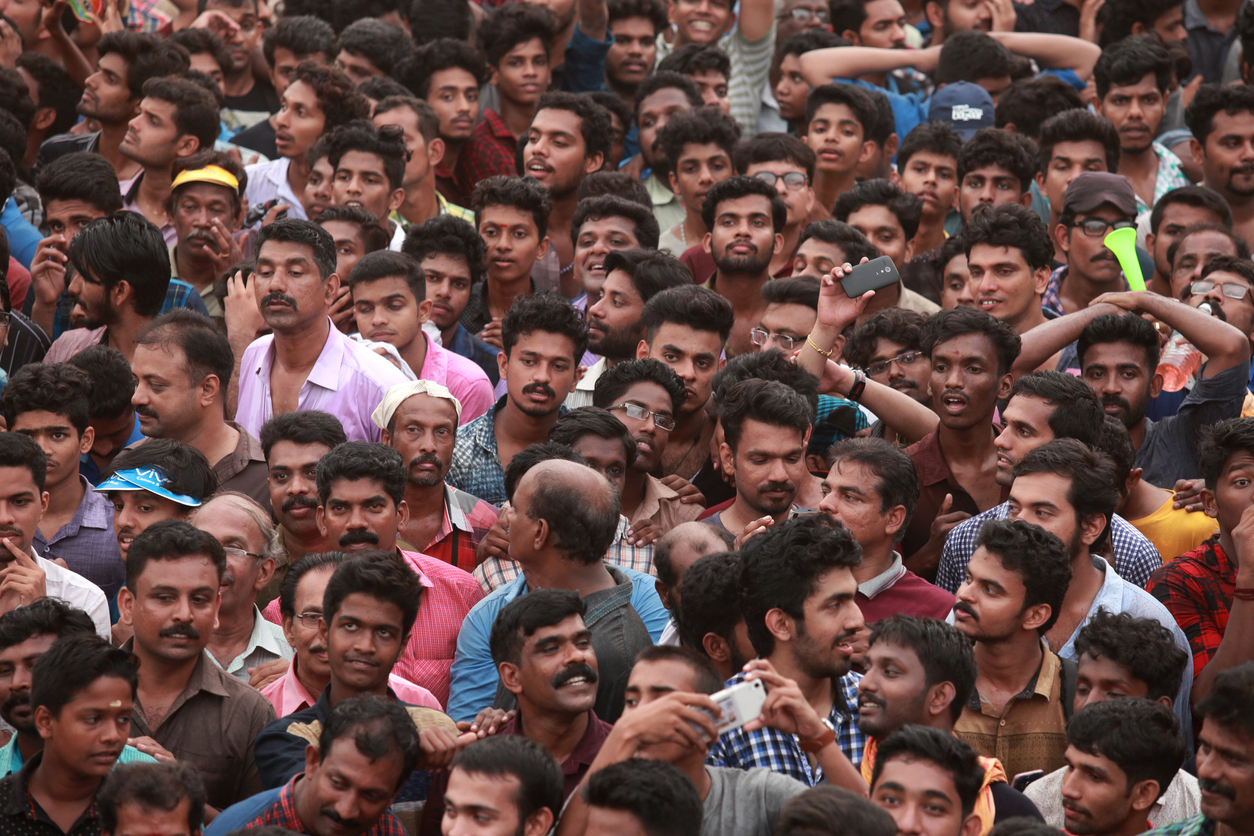- Friday, May 03, 2024

By: Shubham Ghosh
India had its first synchronised census in 1881, when it was still not an independent nation, and the tradition of holding a timely census was followed for the next 130 years, till 2011, despite challenges.
Once in a decade, hundreds of thousands of enumerators visited every household in the country to gather minute details about people and their families, jobs, economic conditions, among other socio-economic parameters.
Census in one of the world’s most populous nations (India is set to become the most populous this year, eclipsing China) is an ambitious exercise which unearths crucial data for administrators, policy makers, economists, demographers and other parties interested to know more about it.
Census is key as its data are used to arrive at decisions, including allocating federal funds to the states and setting up schools to drawing boundaries of constituencies for elections.
But what became a regular exercise has been affected this time since the next census, which was set to be held in 2021, has been delayed with no clarity over when it will actually be undertaken.
The BBC cited experts as saying that they are worried over the consequences of this delay since it could lead to exclusion of people from welfare schemes to faulty allocation of resources.
“The census is not simply a count of the number of people in a country. It provides invaluable data needed to make decisions at a micro level,” Professor KP Kannan, a development economist who has worked on poverty and inequality extensively, was quoted as saying by the BBC.
In India, the census is held under the Census Act, 1948, which doesn’t specify a time frame for the government to carry out the exercise or unveil the results.
India was set to kick off the first phase of the census, in which housing information is gathered, in 2020 but the Covid-19 pandemic hit. The exercise came to a halt since a bigger emergency had hit and the administrative machinery was busy addressing more pressing issues.
But three years since then, when normalcy has almost been restored and most eligible Indians have taken the vaccines, the exercise has not resumed.
In December, the Narendra Modi government told the Indian parliament that “due to the outbreak of the Covid-19 pandemic, the Census 2021 and the related field activities have been postponed until further orders”.
A few weeks later, the Registrar General of India said the deadline for freezing administrative boundaries had been extended to June 30. The country’s states and Union Territories cannot make any changes to the boundaries of districts, towns, and villages while the census is underway.
According to the BBC report, the directive will mean that the survey will be pushed to at least September.
And with the country’s next general elections scheduled in 2024, observers believe the census exercise will not take place before late 2024 even then.
According to Dipa Sinha, who teaches economics at Ambedkar University, Delhi, the delay of census will leave an immediate impact on the public distribution system, which supplies food grain and other essentials to the poor from the government.
She said since the government still depends on the population figures of the last census which was held 12 years ago to determine who is eligible for supplies, more than 100 million people are likely to be excluded from the system. She said this quoting from research by economists Jean Dreze, Reetika Khera and Meghana Mungikar.
![]()